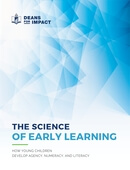
electronic resource
|
The science of early learning : how young children develop agency, numeracy, and literacy
Copies
0 Total copies, 0 Copies are in,
0 Copies are out.
Digital Link
Authors
Language
English







